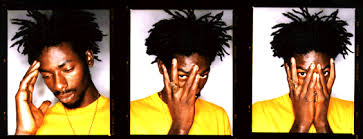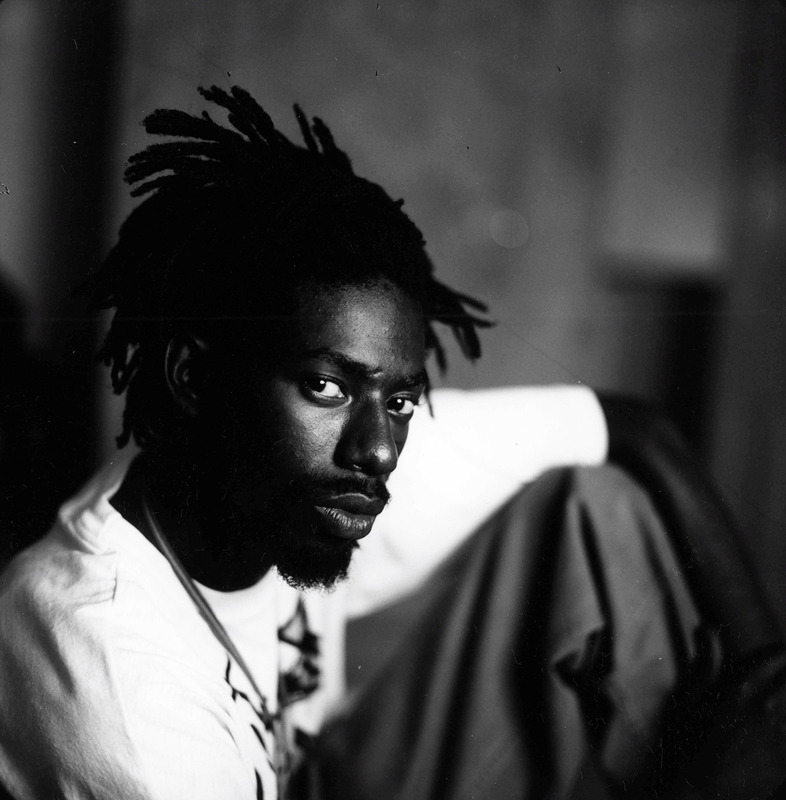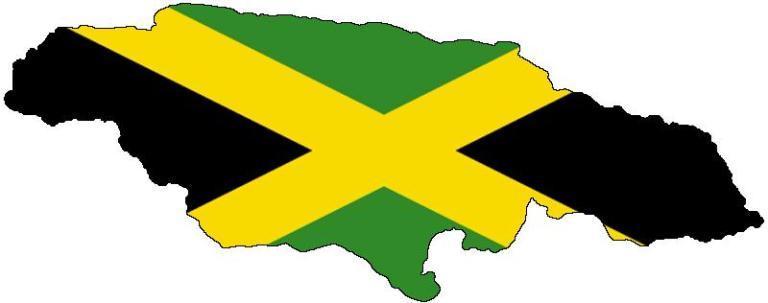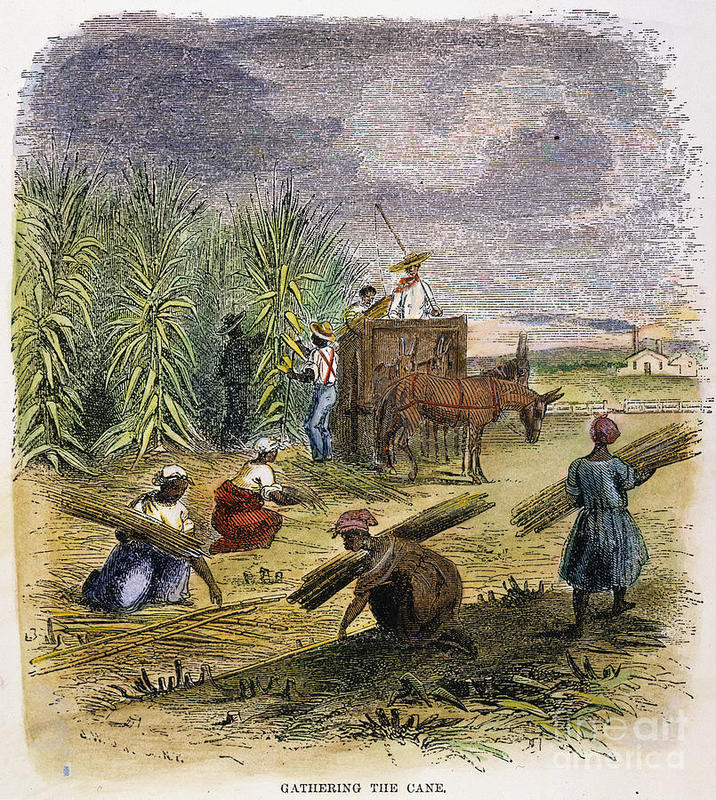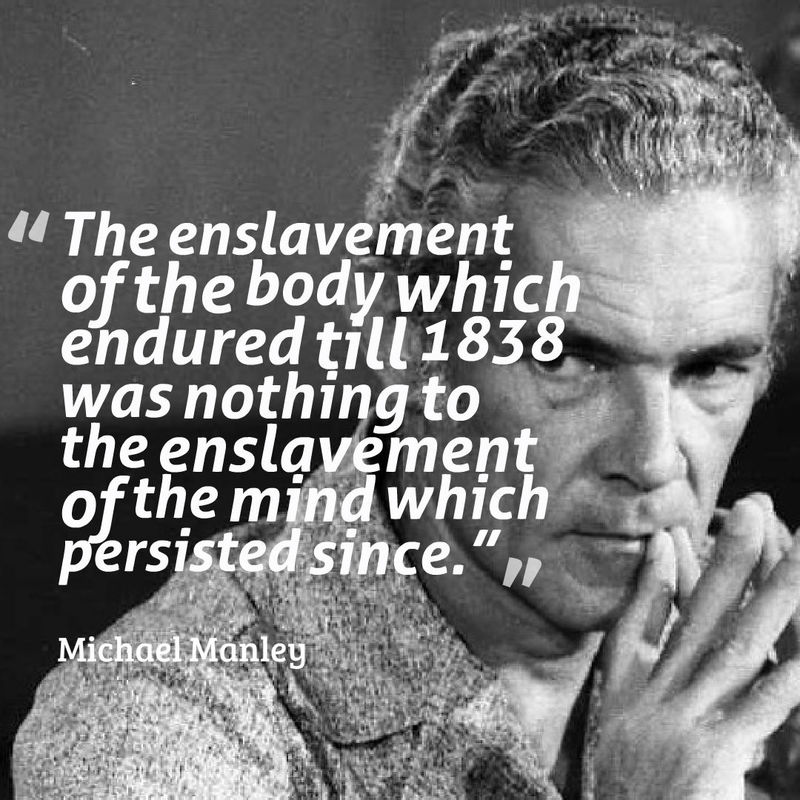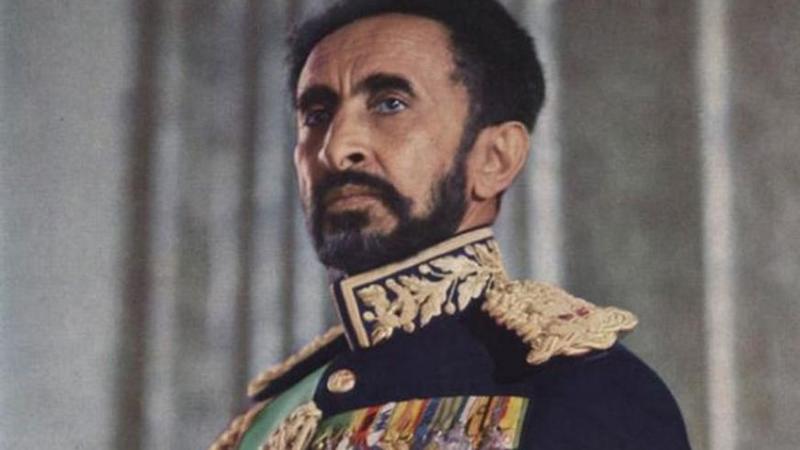Language - External Context
Buju Banton
Buju Banton was born Mark Anthony Myrie on July 15, 1973 in Kingston, Jamaica. He has released ten studio albums of various forms of reggae. Buju is a term of endearment from his mother, and banton is a Jamaican word meaning "respected storyteller". He grew up in a poor community as the youngest of fifteen children in a family that can trace their heritage back to the Maroons, escaped slaves that fled into the mountains.(2)
In late 1994, after three successful albums, Banton adopted Rastafarianism and his music became much more spiritual. This prompted a shift in the dancehall community at large, as many more artists began to implement a more peaceful approach to their own lyrics.(2)
Jamaica
"Out of Many, One People" (7). Jamaica's national motto is a fitting expression for a nation in which many cultures have fused to create their unique identity. The first human inhabitants were the Ciboney, who settled the region between 5000 and 4000 BCE. The last indigenous inhabitants were the Taino who named the country Xaymaca meaning "Land of Wood and Water." Columbus claimed the island for Spain in 1494. They started importing slaves from Africa in 1517. Then, the Brits seized the island in 1655, and Spain left their slaves behind.(7)
The history of Jamaica was written by sugar. The need for mass labor in the cane fields led directly to the growth of the transatlantic slave trade. It is estimated that between twelve and fifteen million slaves were transported between 1500 and 1900. Some slaves were able to escape to the island's interior where they lived freely. They were called "maroons" from the Spanish word cimarron, meaning "runaway." (7)
The British officially outlawed the importation of slaves with the Abolition Bill of 1807. However, the practice continued in secret in small amounts. True emancipation did not occur until 1834, and, after a four-year apprenticeship period, full freedom for the enslaved Africans was gained in 1838. (7)
Jamaica became an independent nation in 1962, and a bitter rivalry began between the island's two political parties: the Jamican Labour Party and the People's National Party. The JLP promoted capitalism, and the PNP believed in democratic socialism. The JLP ruled the first ten years until Michael Manley, still the island's most celebrated leader, led the PNP to victory. He "spoke directly to the country's black majority at a time when black power was at its height and color prejudice was still rife" (7).
Unfortunately, Manley's fiscal policy triggered rampant capital flight. The wealthy and educated white-collar workers fled to the US, UK, and Canada and took their money with them. His reaction was to say, "Jamaica has no room for millionaires. For anyone who wants to become a millionaire, we have five flights a day to Miami" (qtd in 7). The resulting downslide of the Jamaican economy led to Manley's losing power in 1980.
He regained power in 1989, but his socialist leanings had softened considerably. Manley's second period in office was much more open to private enterprise, but he did institute some new social programs to counter the negative effects of capitalism, including a welfare program fro the poor, an increase in food stamps, and land grants for small farmers. (7)
Manley only stayed in office until 1992, when he stepped down due to health concerns. (7)
Jamaican Creole
Jamaican Creole is the native language of the majority of the nation's 2.8 million residents, but many are fluent in Jamaican Creole and Jamaican English. According to a Jamaican Language Unit language competence survey, 46.4% of the population are bilingual, 36.5% are monolingual with Jamaican Creole, and 17.1% are monlingual with English. JC is used in poetry, novels, and short stories, and has been since the nineteenth century. However, it remains largely absent from the national newspapers. Powerful entities and authority figures continue to be strongly linked to English, as many factors of production are owned by English-dominant speakers. (10)
Rastafari
Rastafari originated from the impoverished and disenfranchised African Jamaican communities of 1930s Jamaica. Its Afrocentric ideology was largely a reaction against its long battle with Britain over control of the island. When Haile Selassie was crowned Emperor of Ethiopia in 1930, some Christian leaders claimed it was the fulfillment of a Biblical prophecy and that Selassie was the second coming of Christ meant to lead all black people living under white oppression to salvation. Rastafari is "concerned above all else with black consciousness, with rediscovering the identity, personal and racial, of black people" (5).
Iyaric
Also known as Dread Talk, Iyaric was created in the 1950's. It was originally intended to be a secret form of communication among members of the Rastafari religion. The word "Iyaric" is an amalgamation of the personal pronoun "I", arguably the most important word in all of Rastafarianism, and Amharic, a Semitic language of Ethiopia, Haile Selassie I's home country and the promised land for followers of the faith. (11)
Use of Iyaric gained momentum in the 1970's when popular reggae artists began to utilize the language in their songs. Consequently, it became a part of everyday speech for the youth of Jamaica. Generally, its use indicated social standing, as it was primarily used by the lowest members of Jamaican society. (4)
